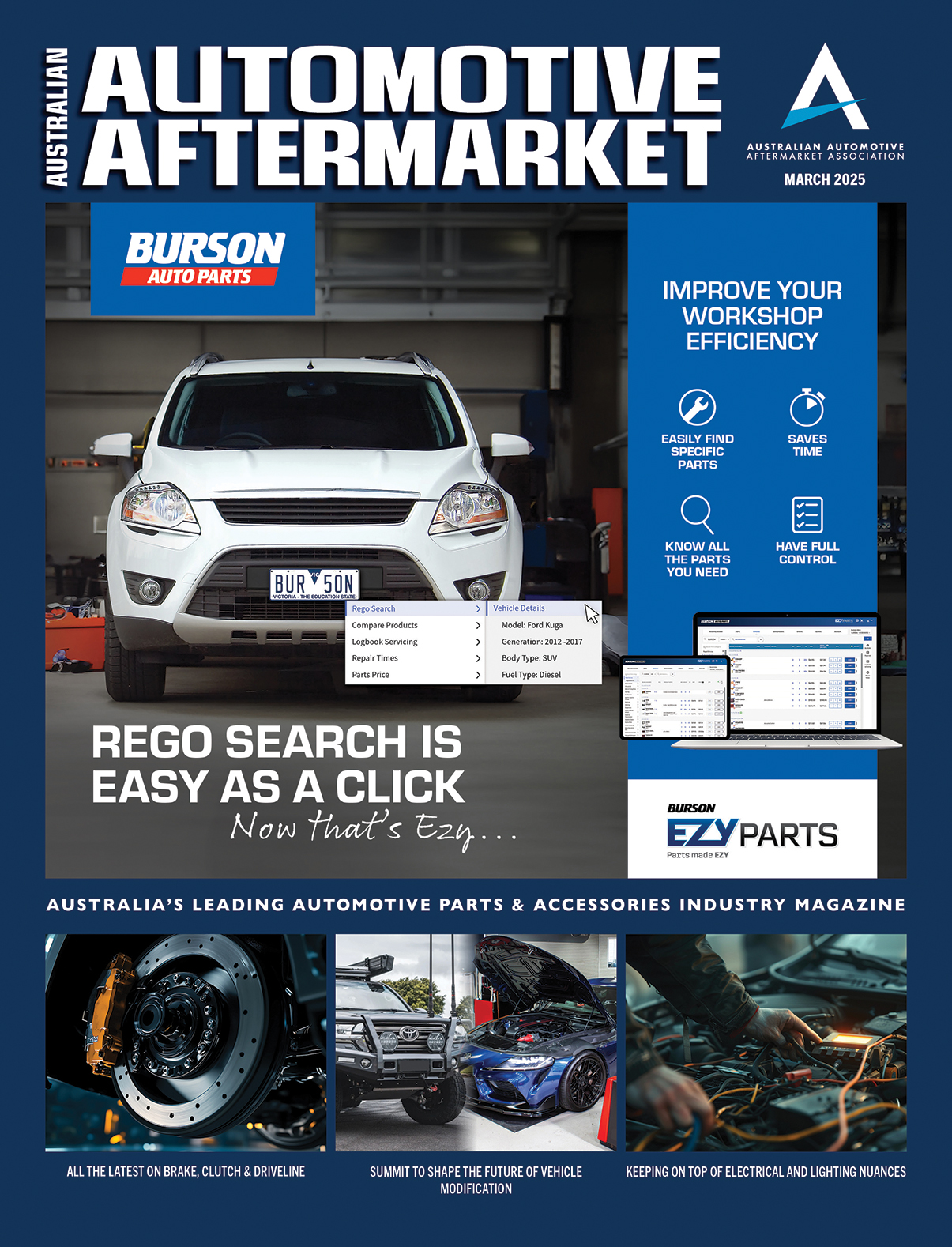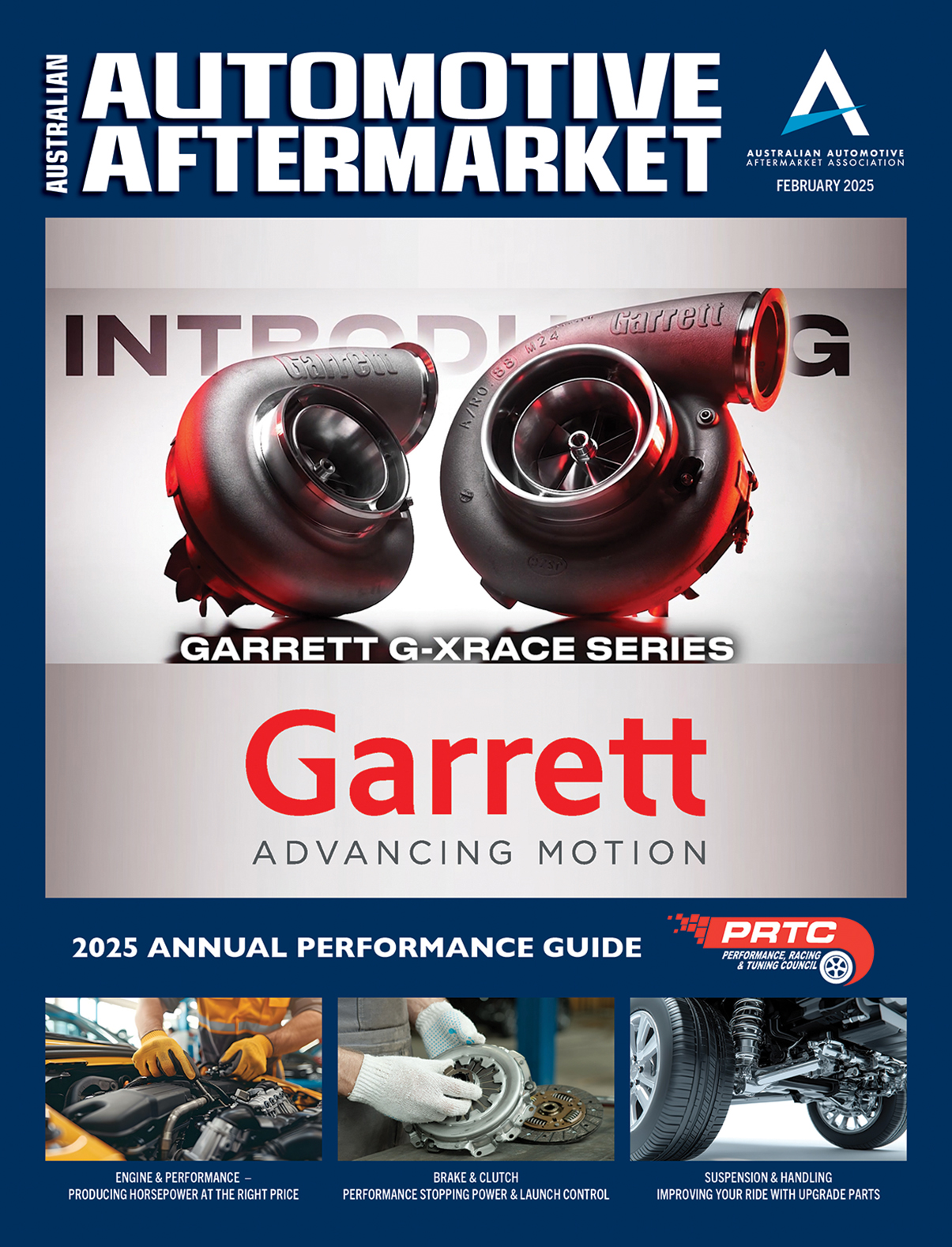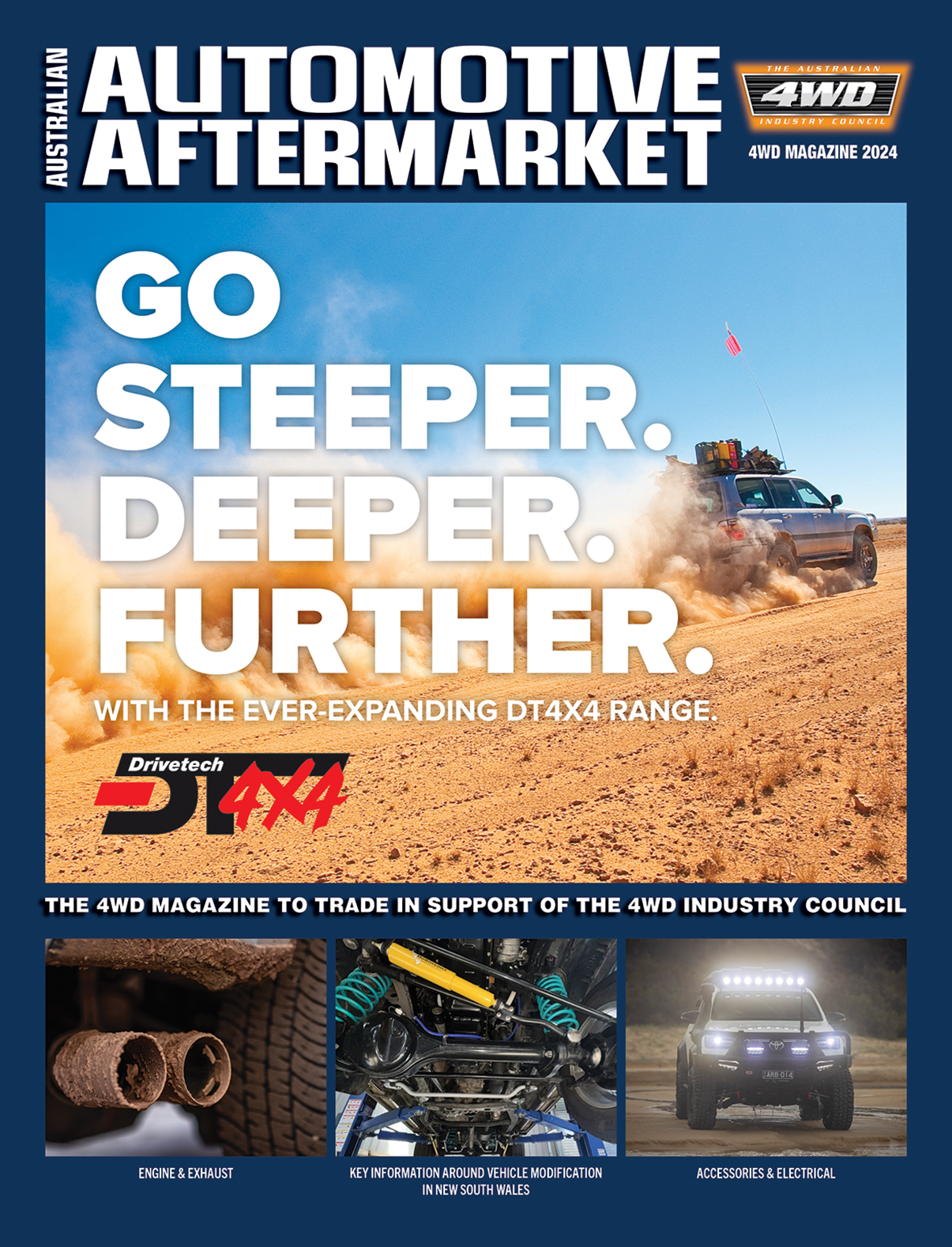THERMOSTATS: IN CONTROL
In this article, the experts at MAHLE distill the essential information about thermostats

How do engines and auxiliary components reach operating temperature quickly, yet stay cool when they have to work hard?
What temperature range is the most energy-efficient and low-wear for the engine?
Thermostats are responsible for regulating heat. Smart control of the coolant flows ensures that the optimal temperature is reached more quickly and held constant. The heart of the coolant thermostat is the thermal expansion element.
As the temperature changes, this wax element changes volume and acts as a regulator.
When the engine is cold, the coolant circuit remains closed, and the engine components warm up more quickly. The coolant passes through the by-pass loop instead.
Heat from the engine warms the coolant up to a defined temperature. Just before the optimum temperature level is reached, the thermostat opens the flow inlet to the radiator, and the coolant is fed through the radiator to prevent the engine overheating.
Map-controlled thermostats – Thermal management 2.0
The vehicle’s control unit electronically activates an integrated heating element on demand, shortening control times compared with conventional wax elements. As a result, the map-controlled thermostat controls the engine temperature more quickly and more precisely in different load and operating conditions, always keeping it in the optimal range which enhanced efficiency, with fuel savings of up to two percent.
Key thermostat tasks
Optimised engine efficiency; minimised wear on engine components; a reduction in fuel consumption; and minimising emissions are all part of the task list for thermostats.

Defect detection
A thermostat malfunction may be caused by the working piston jamming, component corrosion, defective thermostat housing or damaged gasket, faulty electric actuation of map-controlled thermostats and so on.
The vehicle is then at risk of consequential damage such as engine overheating to the point of engine damage, greater wear and inefficient operation, insufficient cabin heating, noncompliance with emissions standards, increased fuel consumption and so on.
More information, tips, and guides
As a workshop professional, you can benefit from a comprehensive range of information, advice, and services relating to thermal management control units.
This is an area where MAHLE Aftermarket says it offers not only a broad product portfolio but also extensive experience in all the leading thermal management technologies.
For more information, please visit www.mahle-aftermarket.com or email mapl.sales@mahle.com









